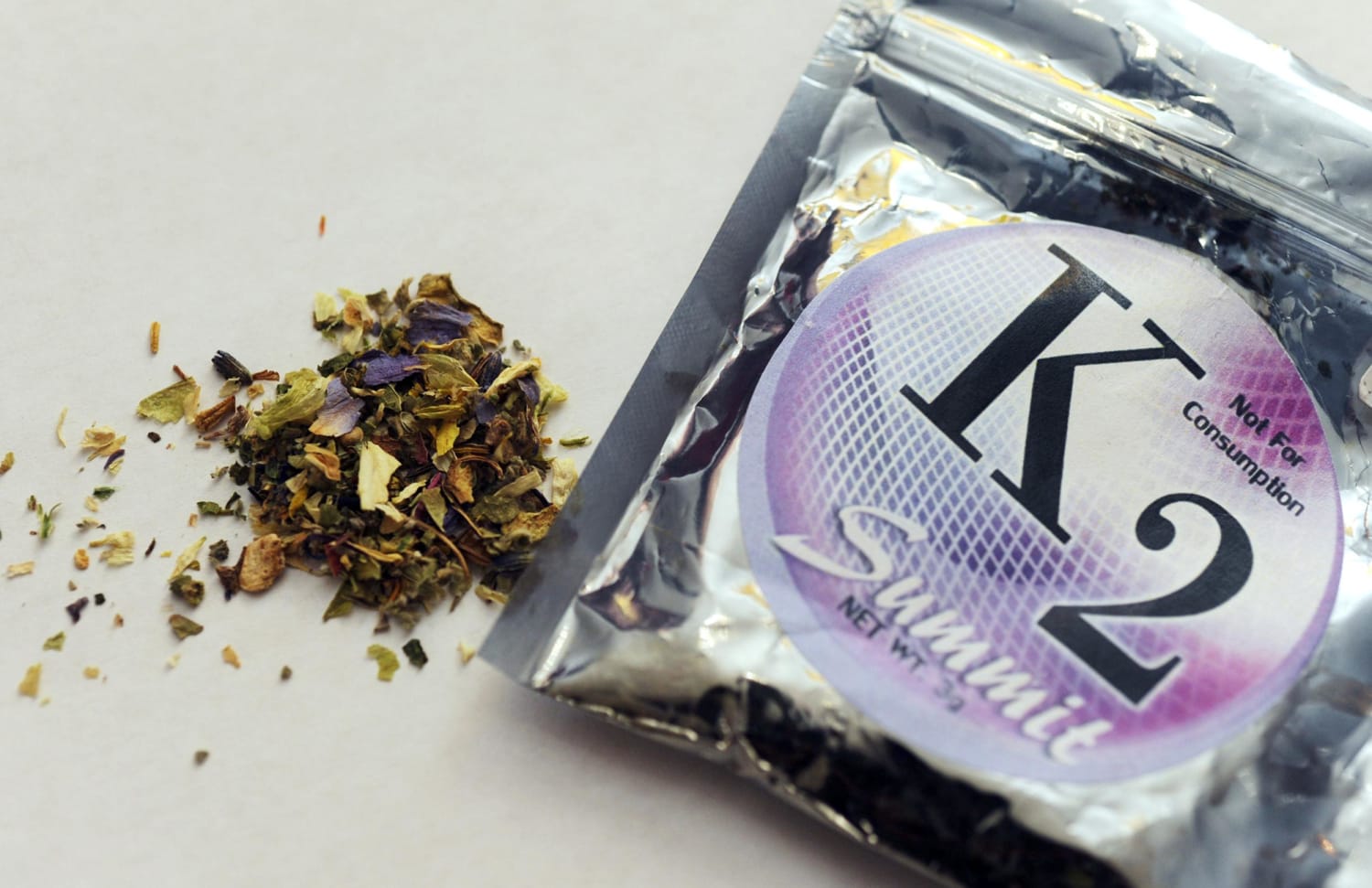Checking Out the Promising Applications and Favorable Influences of Spice as a Synthetic Cannabinoid
In recent years, the exploration of synthetic cannabinoids, especially Flavor, has actually triggered interesting discussions within the medical and scientific neighborhoods. The prospective applications and effects of Flavor in different restorative setups have drawn interest for their special homes and impacts on the human body. As research delves deeper right into this artificial substance, revealing its resemblances and variations with natural cannabinoids, a nuanced understanding of its benefits and difficulties emerges. This discussion aims to drop light on the appealing opportunities that Flavor provides in the realm of health care and wellness, prompting a reevaluation of conventional methods to cannabinoid-based treatments.
Therapeutic Possible of Flavor
Exploring the healing capacity of Spice, an artificial cannabinoid, involves a vital evaluation of its medicinal buildings and prospective medical applications. Flavor, also called synthetic cannabis, communicates with the endocannabinoid system in a manner similar to all-natural cannabinoids, such as those discovered in marijuana. This interaction causes various physical effects that have actually sparked rate of interest in its therapeutic possibilities.
Research studies have actually shown that Spice may have prospective as an analgesic, helping to relieve pain in problems such as neuropathic pain or chronic inflammatory discomfort - Buy K2 Paper For Sale. In addition, its communication with cannabinoid receptors presents a possibility for discovering its use in handling signs of problems like numerous sclerosis or chemotherapy-induced nausea and vomiting

Discomfort Monitoring Conveniences
Spice, a synthetic cannabinoid, exhibits appealing capacity suffering monitoring as a result of its analgesic residential properties and communications with the endocannabinoid system. The analgesic properties of Spice stem from its ability to modulate pain perception pathways, offering remedy for various kinds of pain, including neuropathic, inflammatory, and nociceptive pain. By targeting the endocannabinoid system, Spice can regulate discomfort signals, reduce inflammation, and reduce discomfort related to chronic pain conditions.
Studies have shown that Seasoning can properly lower discomfort strength and enhance pain tolerance in preclinical models of discomfort. This artificial cannabinoid has actually shown effectiveness in handling pain symptoms without creating substantial damaging impacts typically related to standard pain medications. Additionally, Spice reveals prospective in reducing opioid dependence and abuse, providing a more secure alternative for pain monitoring.
Neuroprotective Residences
Synthetic cannabinoids like Spice have been progressively acknowledged for their possible neuroprotective residential properties in minimizing neuronal damage and advertising brain wellness. Research studies suggest that these substances might use neuroprotection with numerous systems, consisting of antioxidant impacts, anti-inflammatory residential or commercial properties, and inflection of neurotransmitter launch. By communicating with the endocannabinoid system in the mind, synthetic cannabinoids can control neuronal task and potentially lower the impact of neurodegenerative conditions or injuries.
One key element of the neuroprotective properties of Flavor is its capacity to modulate excitotoxicity, a procedure in which excessive excitement of nerve cells leads to cell damages or fatality. By regulating neurotransmitter launch and dampening excitotoxic signaling pathways, artificial cannabinoids might help secure nerve cells from hazardous overstimulation. Furthermore, the anti-inflammatory results of Spice could alleviate read the full info here neuroinflammation, which is often implicated in different neurological problems.
Relative Analysis With Natural Cannabinoids
In comparing the neuroprotective buildings of synthetic cannabinoids like Flavor with those of all-natural cannabinoids, a nuanced analysis of their respective impacts on neuronal wellness is crucial. Natural cannabinoids, such as those discovered in the cannabis plant, have actually been thoroughly researched for their neuroprotective results. These substances interact with the endocannabinoid system in the body, which plays a crucial function in keeping neuronal feature and shielding versus neurodegenerative diseases.

Regulative and Ethical Factors To Consider
Taking into consideration the possible ramifications on human health and wellness and well-being, an examination of governing and moral considerations surrounding using artificial cannabinoids compared to all-natural cannabinoids is vital. Synthetic cannabinoids, like Seasoning, existing special difficulties due to their usually unidentified chemical structures and potency variants. Regulatory bodies encounter the overwhelming job of staying up to date with the quick introduction of new artificial cannabinoid compounds, which can make it difficult to apply constant and efficient regulations.

To deal with these governing and honest difficulties, policymakers must focus on research right into the long-lasting effects of artificial cannabinoids and establish clear standards for their production, sale, and usage. Education projects are important to educate the public about the threats associated with artificial cannabinoids and advertise accountable usage practices. By taking proactive procedures, society can much better guard versus the potential injuries posed by synthetic cannabinoids while upholding honest criteria and protecting public health look at this site and wellness.
Verdict
In conclusion, the investigation into the therapeutic potential of spice as an artificial cannabinoid has actually revealed encouraging outcomes in discomfort administration Website and neuroprotection. Generally, the positive impacts of spice as a synthetic cannabinoid warrant more study and expedition in the clinical field.